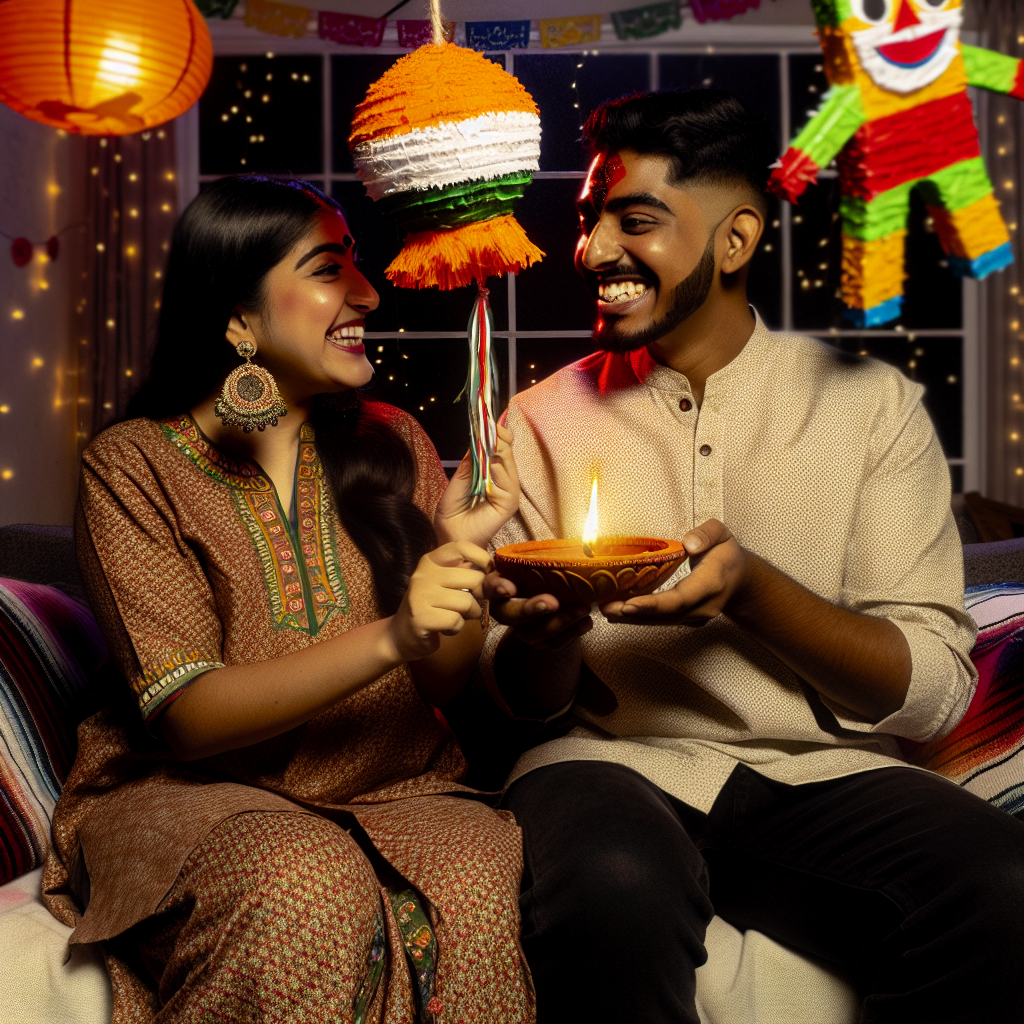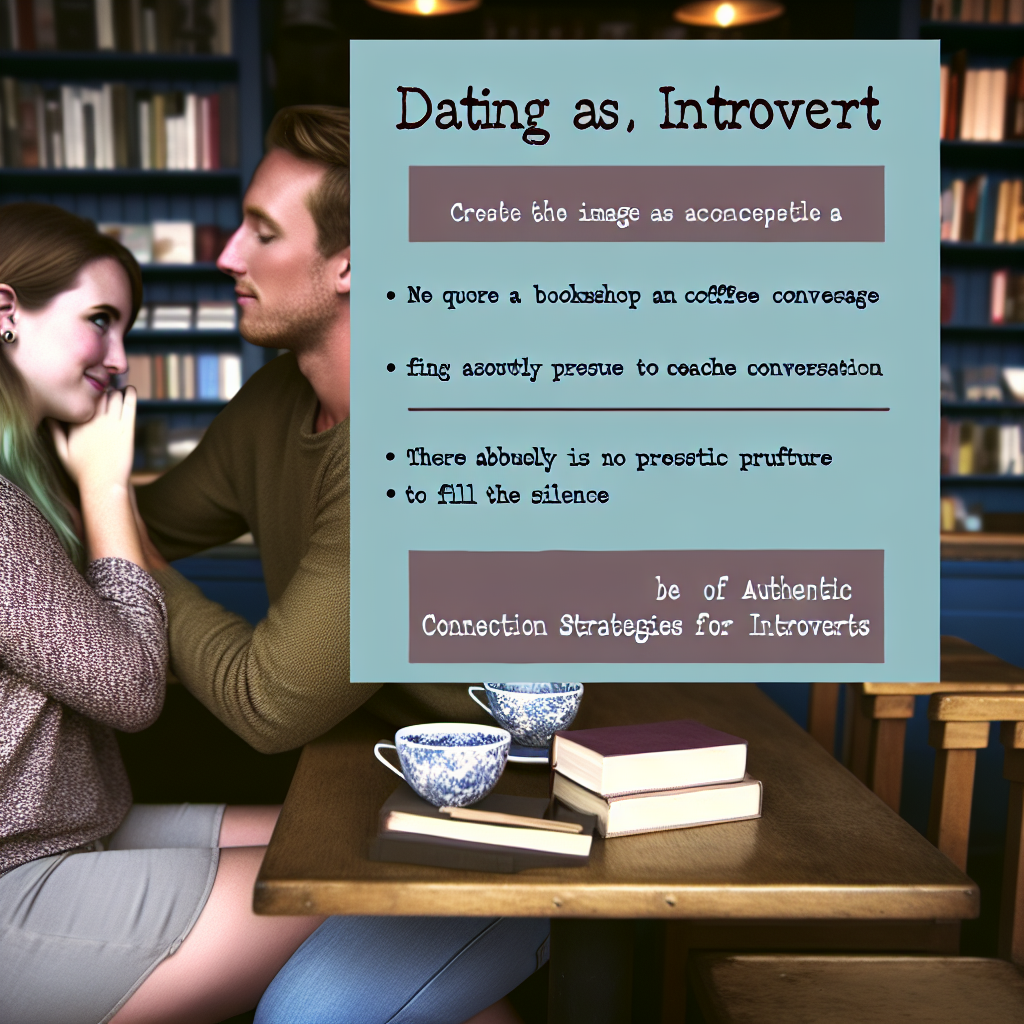When Traditions Clash: Celebrating Holidays in Cross-Cultural Relationships
**Introduction**
In a world that is increasingly interconnected, love often knows no boundaries—cultural, geographical, or religious. Cross-cultural relationships, once rare and often met with societal resistance, are now more common than ever before. According to Pew Research Center, approximately 17% of all new marriages in the United States are interracial or interethnic. These unions not only merge two individuals but also bring together two rich and different cultural heritages. While such diversity can be incredibly rewarding, it can also usher in challenges, especially when it comes to celebrating holidays.
Holidays are more than calendar events—they’re emotional touchstones that hold cultural, religious, and familial significance. From Christmas and Hanukkah to Lunar New Year and Diwali, each celebration carries unique traditions, foods, and rituals. In cross-cultural relationships, navigating whose traditions to honor and how to blend them gracefully can be both joyous and conflict-ridden.
Imagine a couple where one partner is from a Jewish background and the other is Christian. December quickly becomes a month full of planning and compromise—should they celebrate both Hanukkah and Christmas? How do families from both sides react? Should children be raised with knowledge of both traditions? These questions can lead to stress, misunderstandings, and emotional friction if not managed thoughtfully.
Yet, these challenges also present opportunities. The chance to learn, grow, and develop a deeper connection through shared respect and understanding can turn potential obstacles into enriching experiences. Couples can redefine what celebration means to them both, creating new, unique family traditions that reflect their blended backgrounds.
This article delves into how cross-cultural couples can navigate differing holiday traditions while fostering harmony and mutual respect. Drawing on expert advice, social research, and real-life stories, we’ll uncover strategies that help love thrive amid the richness of cultural diversity.
Why Holidays Are Emotional and Cultural Minefields
Holidays can be intense emotional experiences not only because of their religious or ritualistic significance but also due to deep-rooted family traditions and childhood memories. These celebrations often act as mirrors of identity, showcasing “who we are” and “where we come from.”
In cross-cultural relationships, merging these celebrations can evoke feelings of joy and curiosity, but also guilt or alienation. Couples may find themselves navigating invisible lines—compromising on traditions that have shaped their childhood or defending practices unfamiliar to their partner’s family.
Expert Insights: Communication, Compromise, and Cultural Respect Are Crucial
The psychological dynamics at play in cross-cultural relationships are well-documented. According to Dr. Terri Orbuch, relationship expert and author of 5 Simple Steps to Take Your Marriage from Good to Great, compromise, communication, and mutual respect are essential in any successful relationship—but especially critical in cross-cultural unions. When holidays pose unique challenges, it’s not just about picking a dinner menu; it often reflects deeper values, religious beliefs, and identity markers.
A study published in the Journal of Social and Personal Relationships explored how intercultural couples handle cultural differences. Researchers found that proactive communication and “cultural learning”—where each partner actively seeks to understand and adopt aspects of the other’s culture—played a significant role in a couple’s satisfaction and resilience. When it came to holiday traditions, couples who created hybrid celebrations or alternated between each other’s traditions reported higher levels of relationship contentment.
Managing Holiday Stress: Avoiding the Emotional Burnout
Medical experts also note that emotional stress can spike during holiday seasons, especially when managing unfamiliar customs or facing familial disagreements. According to the American Psychological Association (APA), setting clear intentions and being mindful of differing expectations are key strategies for reducing holiday stress.
This becomes even more relevant when one partner is celebrating a holiday for the first time. The temptation to “get it right” or fully embrace a partners’ tradition without adequate preparation can lead to overwhelm. Setting aside time to debrief, laugh about missteps, and reflect on the experience is crucial for emotional well-being and relationship health.
The Power of Cultural Humility in Love and Celebration
Educators and cultural psychologists like Dr. Fanny Jimenez stress the importance of “cultural humility,” a mindset that embraces curiosity and openness toward another culture’s practices. Unlike cultural tolerance, which implies passive acceptance, cultural humility actively encourages learning, questioning, and celebrating other viewpoints.
Practicing cultural humility in holiday celebrations means letting go of the idea that one tradition is more “normal” or “authentic” than another. It’s not about homogenizing the holidays, but about honoring and exploring differences in a spirit of joy.
Practical Steps for Creating Shared Holiday Traditions
Relationship therapists recommend several tangible strategies for couples navigating holiday planning:
– **Develop a Shared Holiday Calendar**: At the start of the year, mark significant holidays from each culture so both partners are emotionally and logistically prepared to acknowledge them.
– **Involve the Children**: Helping kids learn about both parents’ traditions fosters cultural pride and understanding. Consider letting them help decorate or prepare traditional foods from both traditions.
– **Establish New Traditions Together**: Create rituals unique to your partnership—whether it’s lighting a joint menorah-Christmas tree or designing a Diwali-themed gingerbread house.
– **Set Boundaries with Extended Family**: Communicate your plans openly to both sides of the family. Setting respectful limits prevents guilt-inducing pressure and fosters an environment of support.
– **Check In Frequently**: Use holiday planning moments to gauge emotional readiness, make adjustments, and enjoy the process—all of which will strengthen your bond.
Conclusion: Turning Cultural Differences into Shared Joy
Celebrating holidays in cross-cultural relationships doesn’t have to be a battleground for traditions—it can be a canvas for creativity, compromise, and connection. By embracing communication, cultural humility, and shared decision-making, couples can honor their unique backgrounds while building new traditions together. With love at the center, every celebration becomes richer, not in spite of, but because of diversity.
**Summary**
This article explores the challenges and opportunities that arise when couples from different cultural backgrounds navigate holiday traditions. It highlights the emotional significance of holidays, the importance of communication and compromise, and the power of cultural humility in fostering shared joy and celebration. The article provides practical strategies for creating unique family traditions and managing holiday stress, ultimately showcasing how cross-cultural relationships can turn cultural differences into enriching experiences.
**References**
– [Pew Research Center. (2017). Intermarriage in the U.S. 50 Years After Loving v. Virginia.](https://www.pewresearch.org/social-trends/2017/05/18/intermarriage-in-the-u-s/)
– [Dr. Terri Orbuch. *5 Simple Steps to Take Your Marriage from Good to Great*.](https://drterrithelovedoctor.com/)
– [Journal of Social and Personal Relationships. “Cultural maintenance and relationship satisfaction in intercultural couples.”](https://journals.sagepub.com/home/spr)
– [American Psychological Association. “Tips for Navigating Holiday Stress.”](https://www.apa.org/topics/stress/holiday-season)
– [Dr. Fanny Jimenez. “Cultural Humility in Cross-Cultural Relationships.”](https://www.psychologytoday.com/us/blog/making-connections/202103/the-benefits-cultural-humility-in-relationships)

Dominic E. is a passionate filmmaker navigating the exciting intersection of art and science. By day, he delves into the complexities of the human body as a full-time medical writer, meticulously translating intricate medical concepts into accessible and engaging narratives. By night, he explores the boundless realm of cinematic storytelling, crafting narratives that evoke emotion and challenge perspectives. Film Student and Full-time Medical Writer for ContentVendor.com




